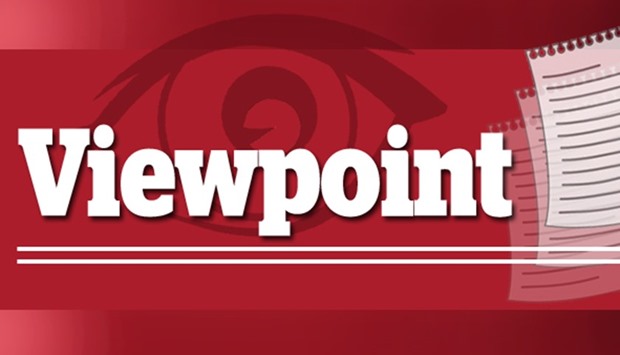Saudi Arabia’s economic priorities, for sure, are changing with the “lower-for-longer” reality about oil prices. The $440bn domestic stock exchange, known as Tadawul, is seeking to attract more capital from abroad as the kingdom goes through unprecedented economic and social changes.
The kingdom is counting on rules that will extend the settlement cycle on stock trades to attract more foreign investors. The bourse, which has about 50 qualified foreign investors, expects to draw more after shifting to a T+2 cycle by the end of June, a system used across most major exchanges. The Tadawul is also aiming to hold talks with companies already trading on other Gulf Co-operation Council exchanges for a cross-listing in the kingdom by 2018.
The Saudi stock market started allowing limited foreign direct investment in 2015 and eased restrictions further last year. Foreigners currently own about 4% of shares.
Foreign investment is a cornerstone of Deputy Crown Prince Mohamed bin Salman’s “Saudi Vision 2030,” a blueprint for the post-oil period. As part of the long-term drive to diversify the economy, Saudi Arabia plans to sell shares in Saudi Aramco, the world’s most valuable company, possibly in early 2018 and deploy the proceeds through its planned sovereign fund estimated to be worth $2tn compared with the $900bn Norway sovereign fund, the world’s biggest.
A sale of just 5% of Aramco could raise more than $100bn, according to some estimates. That would crown it as the biggest listing ever but also mean absorption of the whole deal on the local exchange would be near impossible. If part of the Aramco sale takes place in the kingdom, the Tadawul will need a deeper investor pool to help digest the gargantuan offering.
Amid a plan to almost double its size, the Tadawul is aiming for an inclusion in MSCI and FTSE Russell indexes, hoping to attract billions of dollars of passive inflows.
What’s now in store for the bourse? Some investors want more detail and greater clarity about the reforms as well as the Aramco IPO. The Saudi market regulator has way to go, too. While the exchange is the biggest in the Arab world, it ranked fifth out of the six Gulf peers for quality of regulation, according to World Economic Forum data in May 2015.
Make no mistake, nobody doubts the prospects of the Tadawul, one of the world’s last major markets to open up. The move could also be benefiting the Gulf in the long run, prompting investors to look at the region with renewed interest and confidence.
A successful IPO by Aramco is also seen by analysts as encouraging other Gulf countries to list their oil assets.
In a wider sense, policy makers in every Gulf country now know for sure the oil windfall the region has been accustomed to for decades is a thing of the past. Saudi Arabia’s bold economic overhaul, championed by Prince Mohamed, bodes well for the kingdom’s non-oil future. But its success will also require moving fast on the kinds of economic, political and cultural reforms with greater urgency.

